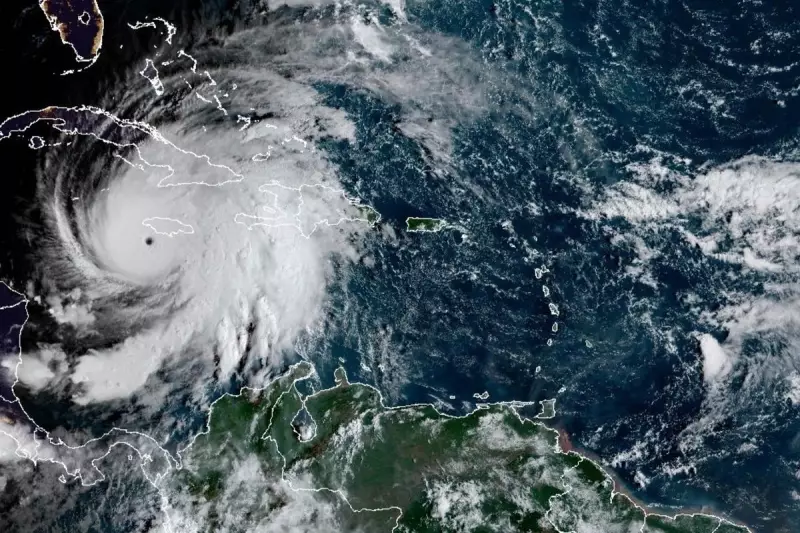
In a historic diplomatic confrontation, Jamaican government ministers have formally presented British officials with a demand for slavery reparations, directly challenging the UK to address centuries of enslaved labour that built Caribbean wealth.
The powerful exchange occurred during a high-level meeting between Jamaica's Ministry of Foreign Affairs and a visiting delegation from Britain's Foreign, Commonwealth & Development Office (FCDO). Jamaican officials delivered their case for compensation, citing the brutal legacy of transatlantic slavery that enriched British enterprises while devastating African descendants.
Centuries of Injustice
Jamaica's position reflects growing momentum across the Caribbean region, where nations are increasingly vocal about seeking redress for historical crimes. The country was a cornerstone of Britain's colonial empire, with enslaved Africans forced to work on sugar plantations that generated enormous wealth for British slave owners and merchants.
During the tense meeting, Jamaican representatives emphasized that the impacts of slavery continue to affect their nation's development and social structure. The discussion represents one of the most direct governmental confrontations on the issue to date.
Britain's Evolving Stance
While the UK government has previously acknowledged the "appalling history of slavery," it has stopped short of endorsing reparations payments. British officials have instead pointed to development aid and modern anti-slavery initiatives as their contribution to addressing historical wrongs.
However, this position is increasingly challenged by Caribbean nations and reparations advocates who argue that true reconciliation requires direct compensation for stolen labour and centuries of brutality.
The Jamaican government's move signals a significant escalation in diplomatic pressure, potentially setting a precedent for other former British colonies in the region. As the conversation gains international attention, all eyes remain on how Britain will respond to this formal demand for historical accountability.





